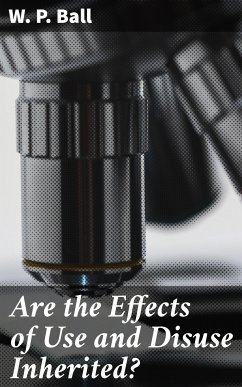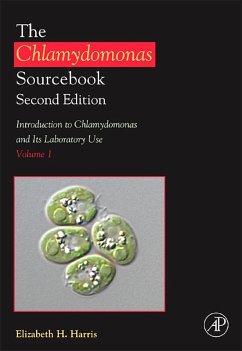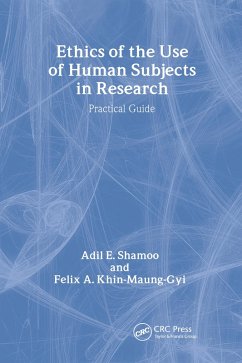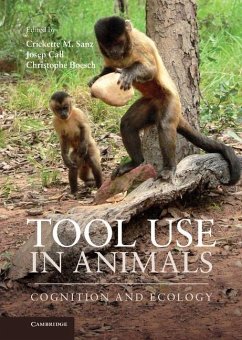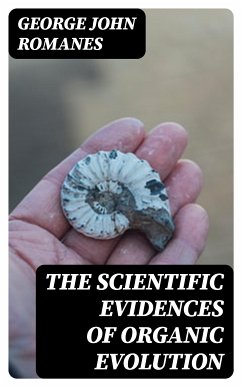
Are the Effects of Use and Disuse Inherited? (eBook, ePUB)
An Examination of the View Held by Spencer and Darwin

PAYBACK Punkte
0 °P sammeln!
In "Are the Effects of Use and Disuse Inherited?", W. P. Ball rigorously examines the philosophical and scientific debates surrounding the inheritance of acquired characteristics, a concept largely popularized by Jean-Baptiste Lamarck. This meticulously composed work engages with contemporary biological theories, critiques classical assumptions, and weaves together empirical evidence with philosophical inquiry. Ball's erudition shines through his articulate prose, masterfully navigating the intersections of evolutionary biology and the psychology of learning, ultimately challenging the prevail...
In "Are the Effects of Use and Disuse Inherited?", W. P. Ball rigorously examines the philosophical and scientific debates surrounding the inheritance of acquired characteristics, a concept largely popularized by Jean-Baptiste Lamarck. This meticulously composed work engages with contemporary biological theories, critiques classical assumptions, and weaves together empirical evidence with philosophical inquiry. Ball's erudition shines through his articulate prose, masterfully navigating the intersections of evolutionary biology and the psychology of learning, ultimately challenging the prevailing notions of heredity in the context of natural selection and adaptation. W. P. Ball, a distinguished figure in the realms of science and philosophy during the late 19th century, was deeply influenced by the era's burgeoning understanding of evolutionary processes. His interdisciplinary background allowed him to synthesize insights from both fields, leading to a profound exploration of how organisms adapt over time. Driven by a desire to explore the complexities of evolution and heredity, Ball's work encapsulates the intellectual fervor of his time, grappling with the implications of inheritance as understood through a lens of skepticism. This book is essential for students, academics, and anyone intrigued by the foundational questions of evolution. Ball's thought-provoking analysis offers a compelling invitation to reconsider how we understand the relationship between an organism's environment and its evolutionary trajectories. Readers will find themselves engaged in a rich dialogue that continues to provoke inquiry in the modern scientific discourse.
Dieser Download kann aus rechtlichen Gründen nur mit Rechnungsadresse in A, B, BG, CY, CZ, D, DK, EW, E, FIN, F, GR, H, IRL, I, LT, L, LR, M, NL, PL, P, R, S, SLO, SK ausgeliefert werden.




